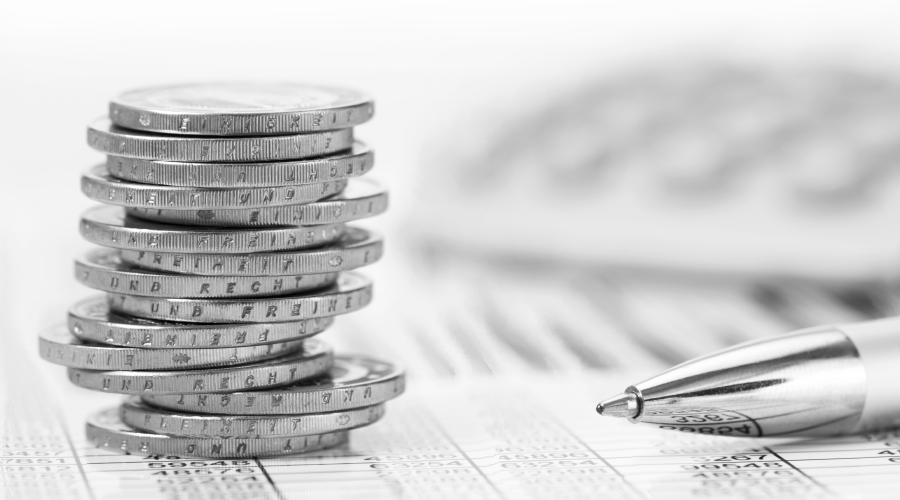Annus horribilis for dividend chasers: the pandemic has not even spared companies with stable dividend payouts. In 2020, there was a global decline in dividends of around 12 percent compared with the previous year. Countless companies from cyclical sectors have even suspended or completely cancelled their dividends.
For the first time in history, in the short term, dividends in Europe fell more than earnings. In particular, banks, oil, and mining, as well as cyclical consumer goods, recorded high shortfalls. A prominent example is Lufthansa, which - partly due to the government bailout - had to leave its shareholders empty-handed. In Germany, dividends totalling EUR 34.1 billion were paid out in the DAX in the 2020 calendar year, which corresponds to a decrease of 11.4 percent compared with the previous year. Globally, the UK and the rest of Europe accounted for more than half of the decline in dividend payouts.
The past dividend year has yielded some interesting observations and insights. Small and medium-sized enterprises (SMEs) have been much more dynamic in their cost adjustment than large-cap companies. Furthermore, the liquidity reserves of SMEs have been significantly higher, which can also be attributed to a more conservative balance sheet structure. If we look at the dividend decline of the DAX in combination with the MDax and TecDax, dividend payouts have only fallen by three percent, according to a study by DZ Bank. The result can also be attributed to the strongly represented owner- and family-run companies. In addition, as a precautionary measure to protect liquidity buffers, countless companies, in particular in the banking and insurance sectors, have cut their payouts or cancelled them completely, but have undertaken to provide compensation in subsequent years. The German specialist mail order company for business equipment, Takkt, has suspended its dividend for 2020 and announced an extraordinary dividend for 2021, which will significantly compensate for the shortfall.
Overall, earnings in the DAX for 2020 have declined by almost 50 percent, whereas dividend payouts have shrunk much less. We expect the economic environment to brighten considerably as the pandemic is dealt with, which will also be reflected in companies' earnings estimates and dividend payouts. According to DZ Bank, the average dividend payout ratio in Germany over the past 16 years has been 43 percent of earnings and may rise to as much as 60 percent in 2021 due to catch-up effects. We also share this view, which coincides with the empirical observations of US economist Robert Shiller. We expect a much better dividend year for the 2021 financial year with payout ratios of almost 60 per cent and more, so it should be appealing to many investors once again! Therefore, the annus horribilis for dividend chasers is more likely to be a one-off aberration and, in a continuing structural low interest rate environment, dividend strategies with a combination of dividend payouts and share price opportunities of promising companies remain an attractive portfolio component. The economic and cyclical outlook remains difficult to assess and many companies remain understandably cautious.
Authors: Thomas Meier & Christos Sitounis, Portfolio Managers of the MainFirst Global Dividend Stars & the MainFirst Euro Value Stars


